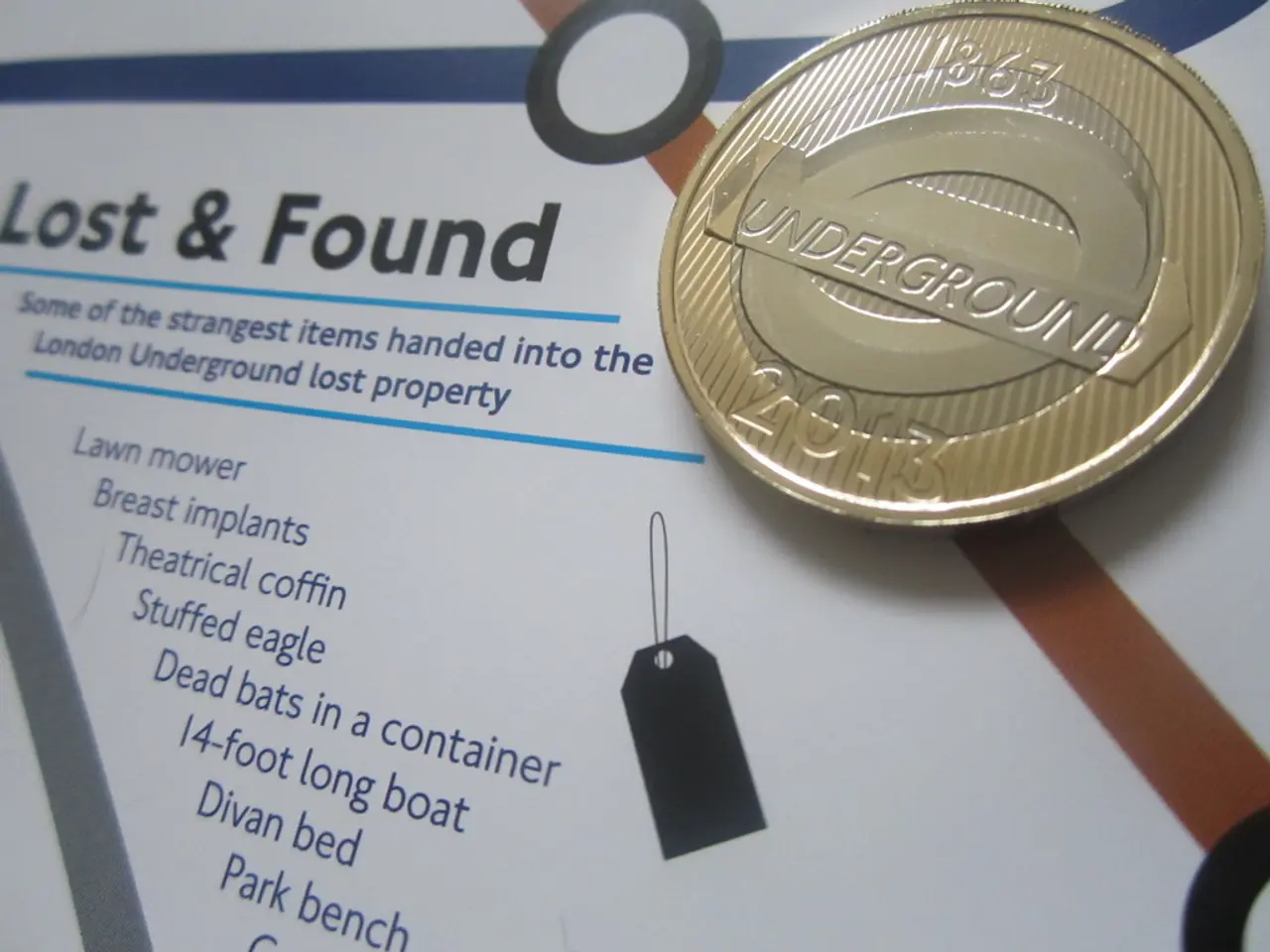Syria Intends to Redenominate Currency Due to Lira's 99% Value Depreciation
In a significant move aimed at revitalising the Syrian economy, the Central Bank of Syria has announced its intention to introduce new banknotes with "deleted zeros" to facilitate financial transactions and improve monetary stability. This decision comes after years of economic instability and a pledge by Syria's new leadership to move towards a freer market economy.
The current exchange rate of the Syrian lira stands at approximately 10,000 to the U.S. dollar, a stark contrast to the 50 to the dollar before the war. This redenomination aims to ease daily transactions and simplify everyday payments, reducing the volume of cash needed for routine purchases.
The new banknotes, if printed, will be the first since Syria's new leadership took office. They will reportedly simplify everyday payments and reduce the need for carrying large amounts of cash for basic necessities. Families shopping for groceries often carry half a kilogram or more of 5,000-pound notes to cover their weekly needs.
The redenomination of the Syrian currency will symbolically erase the legacy of the Assad family, whose portraits currently adorn the country's banknotes. The 2,000-pound note features Bashar Al Assad, while the 1,000-pound note carries the image of his father, Hafez Al Assad.
Syria has contracted with Goznak, a Russian state-owned company, to print the new banknotes. This decision is not without controversy, as some economists remain cautious about the currency reform, particularly concerning potential confusion among consumers, especially the elderly.
The potential currency overhaul could run into hundreds of millions of dollars. Karam Shaar, a Syrian economist and U.N. adviser, has suggested issuing higher denominations, like 20,000- or 50,000-pound notes, to ease transactions and cash storage without the massive costs of a full currency overhaul.
The currency reform also aims to address the issue of undermined state control over liquidity. An estimated 40 trillion lira is circulating outside the formal financial system in Syria. In practice, the dollar dominates transactions in Syria, and the new banknotes are expected to help restore confidence in the lira and improve its standing in the global economy.
The new banknotes aim to stabilise the economy following the ouster of Bashar Al Assad. Syria's new leadership has lifted long-standing restrictions on the use of foreign currencies, further indicating their commitment to fostering a more open and competitive economic environment.
As the country moves forward, the successful implementation of this currency reform could pave the way for broader economic reforms and a more stable future for Syria.
Read also:
- Peptide YY (PYY): Exploring its Role in Appetite Suppression, Intestinal Health, and Cognitive Links
- Toddler Health: Rotavirus Signs, Origins, and Potential Complications
- Digestive issues and heart discomfort: Root causes and associated health conditions
- House Infernos: Deadly Hazards Surpassing the Flames








